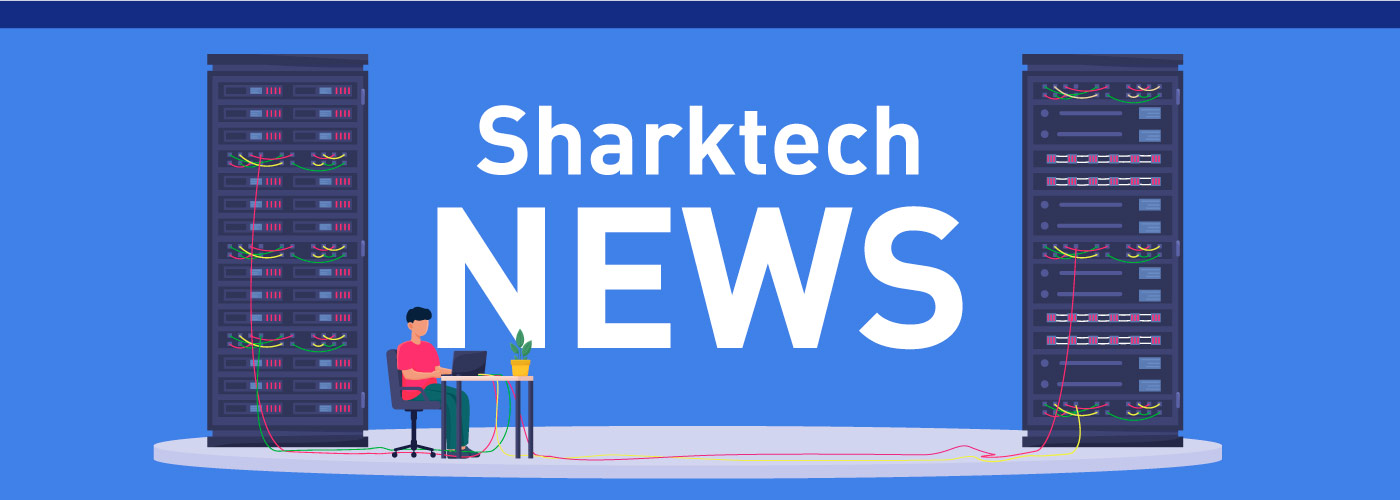Gone are the days of an organization being targeted solely by elite hackers. Today, an aggressor needn’t be a hacker at all: The high school student across the street, a disgruntled employee, or the customer who had an unfortunate experience with your organization can all shutter your online availability with DDoS attacks.
Got it! So, what exactly is a DDoS attack?
Imagine an unruly individual who requests junk mail to be sent to a victim’s home. A lot of junk mail. The victim’s mailbox soon becomes overwhelmed. As the mail scales (akin to a DDoS attack strengthening), the mail carrier is going to become overwhelmed. Soon enough, the local post office, the regional post office and so forth, will all become overwhelmed. The transit of all mail, both the good and the junk, becomes gridlocked.
DDoS attacks are like LA during rush hour – but who can launch an attack?
Thanks to the advent and growing popularity of cybercrime-as-a-service, the process of launching DDoS attacks is now effortless and nontechnical.
Attack tools are developed in an open-source environment and rapidly evolve. They have become more available and less expensive—even free—and as a result, DDoS attacks have grown in frequency and scale.
Before
In the past, hackers—who inhabited only the darkest corners of the web—were required to master many technical challenges to wield a DDoS attack. First, malware needed to be developed and spread, thereby infecting and gathering machines into a botnet. A botnet, the very epicenter of a DDoS attack, is a network of computers controlled as a group without the owner’s’ knowledge. Then, from the command line (often IRC), the hacker commanded the botnet to attack anyone of their choosing.
Today
Today, with only an email address and a method of payment (a major credit card, PayPal or Bitcoin will do just fine), DDoS cyber crime-as-a-service portals (otherwise referred to as booters) can be subscribed to and DDoS attacks launched. As simple as it is to sign up to Netflix and watch a movie, anyone can subscribe to a DDoS portal, select a type of attack and enter the victim’s domain or IP address to target.
Ultimately – your customers are unhappy, and your brand and bottom-line both suffer!
About Anatomy of a DDoS Attack
Anatomy of a DDoS Attack was crafted with research from the Ponemon Institute, which surveyed 641 individuals involved in preventing, detecting and/or containing distributed denial-of-service attacks against their organizations. Most participants in this research work in IT operations, IT security, IT compliance or Data center administration.



阅读更多
Sharktech Announces New Web Hosting and Cloud Industry Alliance
Sharktech and 2
3 月
Think the Cheapest Dedicated Server is A Good Idea? What You Need to Know
Shoul
3 月
Discover How These 8 Cloud Monitoring Tools Can Help You Drive Better Business Performance
When
3 月
Pick the Best Cloud Management Platform with These 5 Pro Tips
Managi
3 月
Thinking About Public to Private Cloud Migration? Here’s the Essentials
The clou
3 月
Why a Cloud Migration Checklist Helps Overcome Migration Challenges
Moving d
3 月